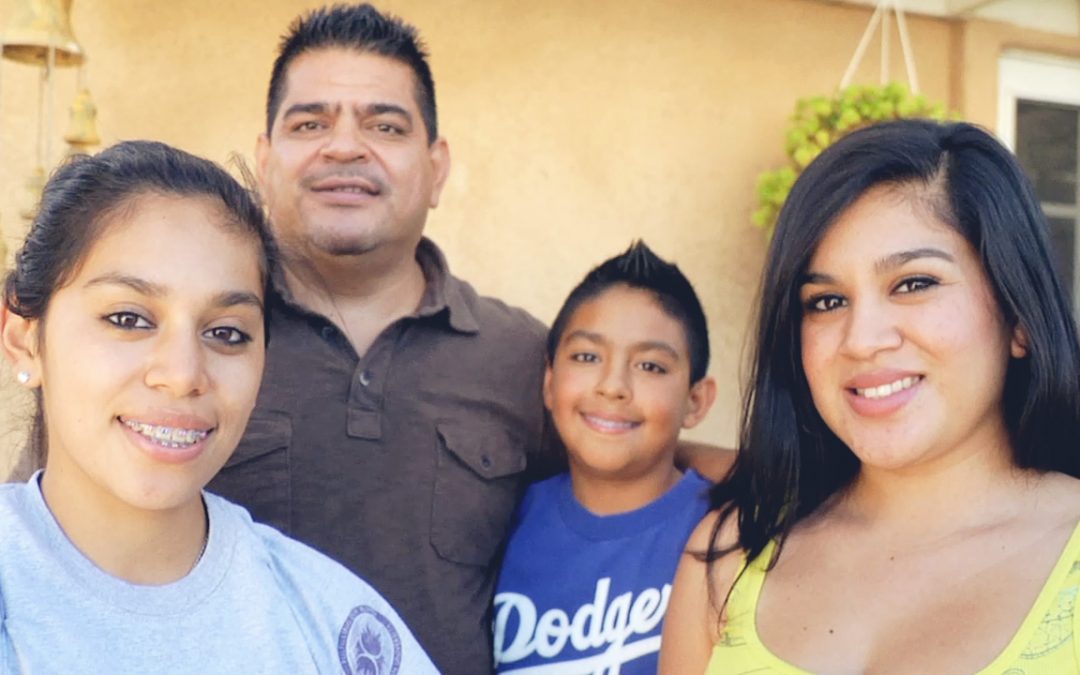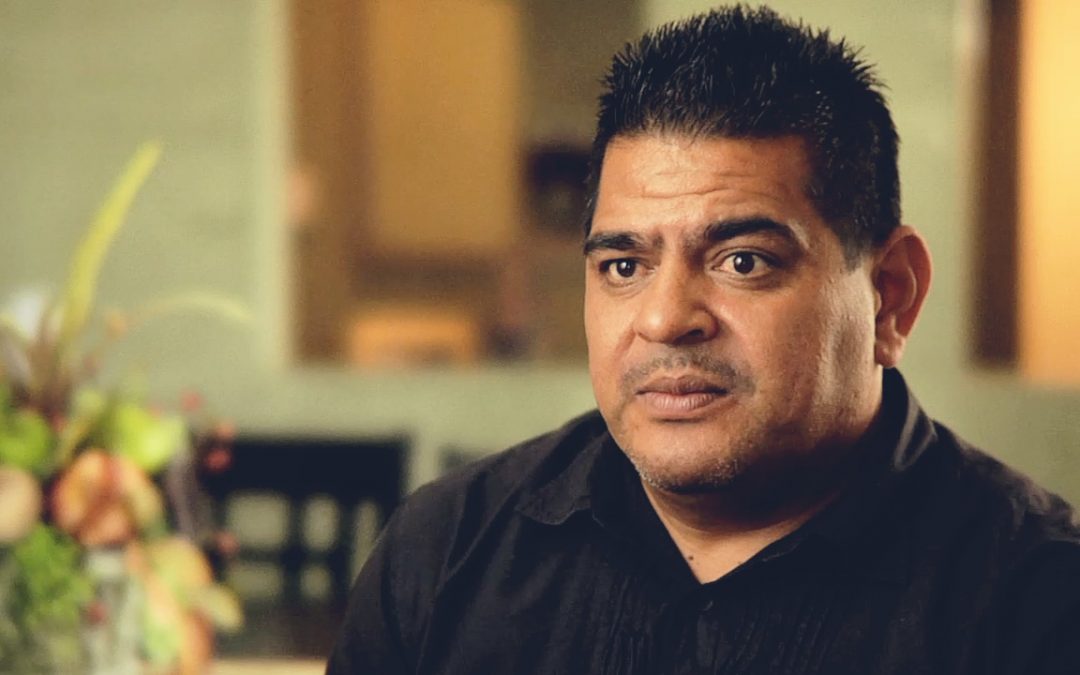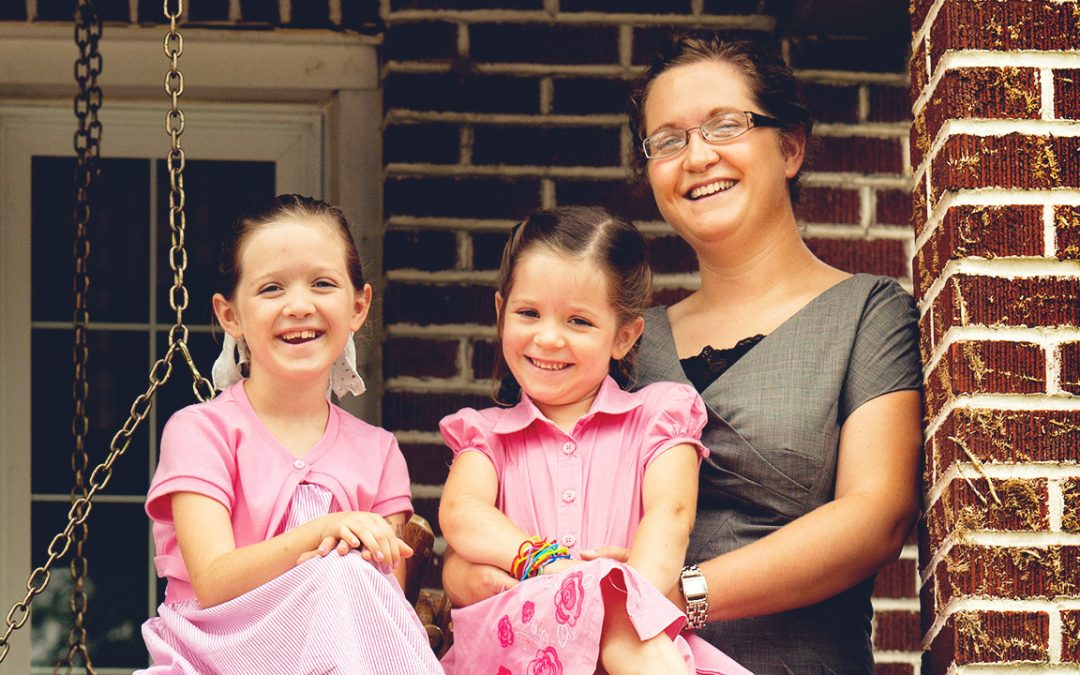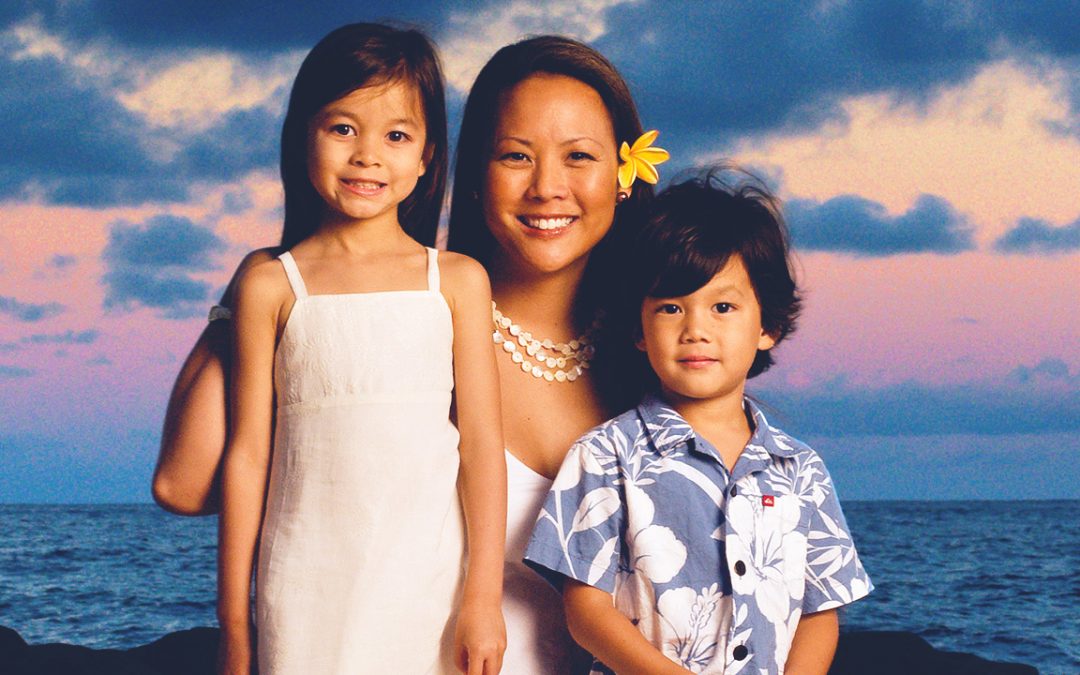
Still Watching Over Them
Ver en español aquí.
It was close to 11 p.m. the December night when boxer Oscar de la Hoya lost his fight to Manny Pacquiao. The Virgens were saying goodbye to their extended family after watching the match together. Still basking in the glow of family and good food, they headed off to their house. On the way, their pickup was slammed by a hit-and-run driver. The truck rolled over, pinning Nicolas and wife Teresa inside. Son Gabriel and daughter Mayra managed to crawl out and were only slightly injured. When rescue workers arrived, Teresa was already dead. Nicolas had three broken vertebrae and multiple fractures in his arms. “In one second your life changes,” Nicolas says.
After their injuries were tended to, the Virgens started picking up the pieces. Thankfully Teresa had life insurance to help them do it. Initially the couple wasn’t convinced that Teresa needed a policy of her own since she did not work outside the home. As a building contractor, Nicolas saw the rationale for his own life insurance. But their insurance professional Irene Henry made the case that there would be expenses if something were to happen to Teresa. “Think of all the things that Teresa does,” Irene recalls explaining to them.
The life insurance allowed them to pay bills while Nicolas was out of work for nearly two years recovering from his injuries, including an amputated finger. It also helped with college expenses for Mayra and her older sister, Susana. If not for the insurance, Nicolas is certain that his family would have lost their home. “It’s like Teresa is still watching over us and taking care of us,” he says.




